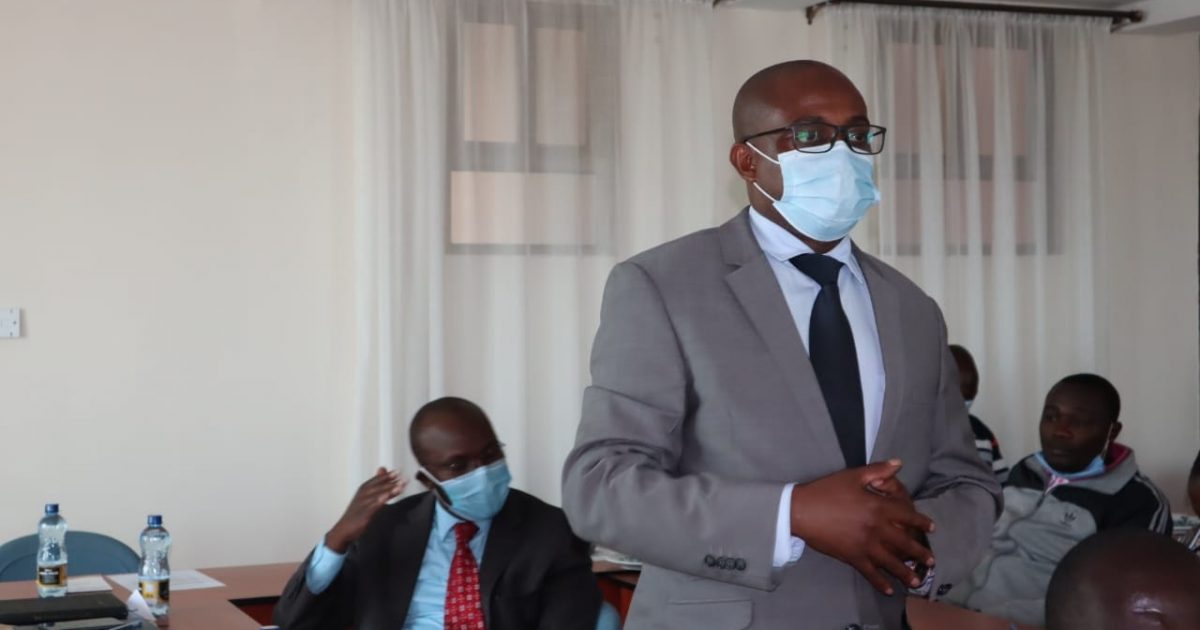Nakuru County Government is working on a legislation that will criminalise giving false information while applying for bursary funds.
County Executive Committee Member for Education Francis Mwangi said the Nakuru County Bursary Fund Bill, 2019 seeks to ensure only deserving cases enrolled in secondary schools, special primary schools, universities, colleges and Vocational Training Centres benefit from bursaries.
Speaking during a consultative meeting on the Bill between Officers from the County’s Department of Education and members of the Education committee at the County Assembly, Mwangi stated the proposed law had been designed to reduce disparities and inequality in the provision of education and improve education standards and literacy levels in the county.
“If the Bill is assented into law, any person who deliberately distorts facts to get bursary will pay a fine not exceeding Sh 100,000 or be sent to jail for a term not exceeding six months or both.
This is one of the ways that will ensure only needy, vulnerable and bright students get valuable scholarship,” observed Mr Mwangi.
The CEC added that with the law in place, the County administration will ensure that the beneficiaries get adequate and sufficient funds on time.
If passed into law, Mwangi said any applicant who will be found to have forged or altered supporting documents shall be fined an amount not exceeding Sh 200,000 or imprisoned for a term not exceeding one year.
Chairman of the Education Committee Douglas Ayabey said the proposed legislation purposes to eradicate favouritism, corruption or highhandedness that have rocked various Ward Bursary Committee members tasked with identifying beneficiaries across the devolved unit.
Staff employed by Members of County Assembly have traditionally enjoyed the privilege of selecting of beneficiaries igniting claims of discrimination against applicants who come from areas that do not support the leaders.
To entrench transparency and fairness, the Bill has proposed the creation of an independent committee at the ward level that will take over the role of identifying needy cases.
It proposes that the Ward Bursary Committee comprise of one representative from learning institutions, a representative from each village elected by residents, four members representing youth, women, the disabled and marginalised communities in the ward.
“If the Bill is assented to, Ward Bursary Committee members who flout set guidelines on identification and award of bursary will be severely punished,” he said.
“Any committee member who contravenes provisions of this Act shall upon conviction be guilty of an offence punishable by a fine not exceeding Sh1 million or a jail term not exceeding three years and censored from holding public office,” explained Mr Ayabey
Bursary committee members who commit an offence as prescribed under Public Finance Management Act shall upon conviction be sentenced to a term not exceeding two years or a fine not exceeding Sh1 million or both.
by Anne Mwale




